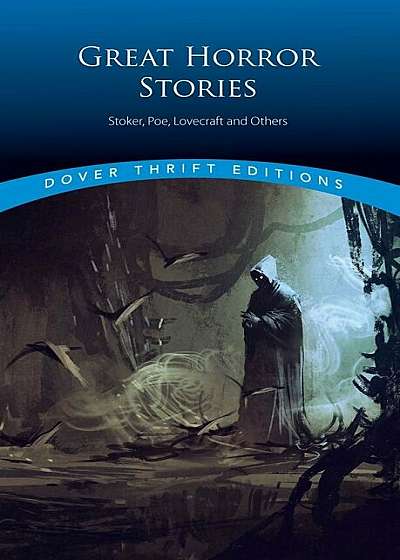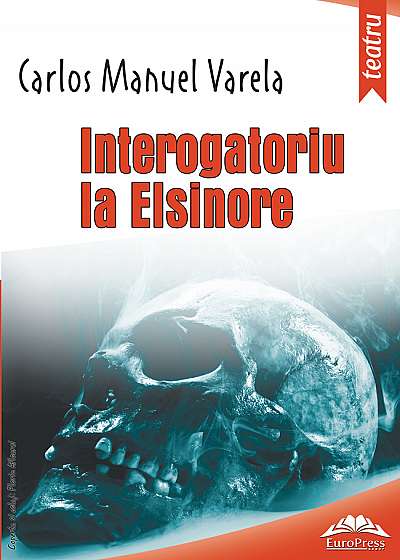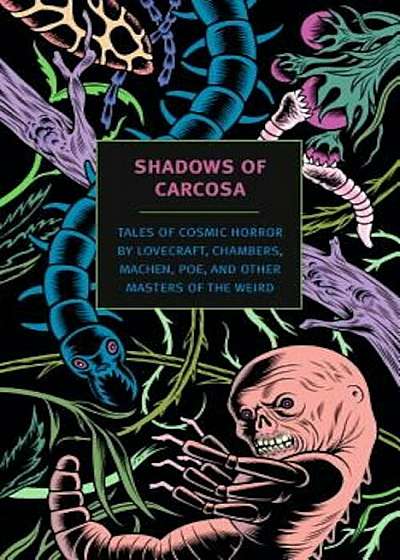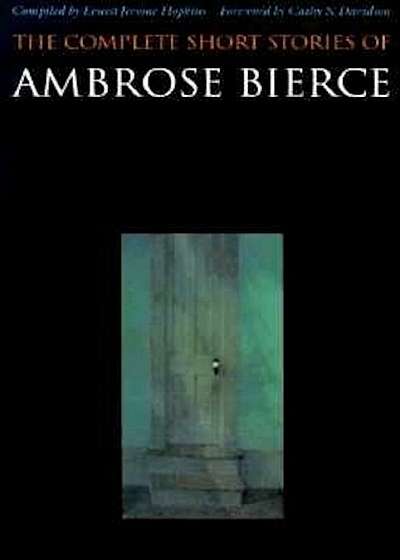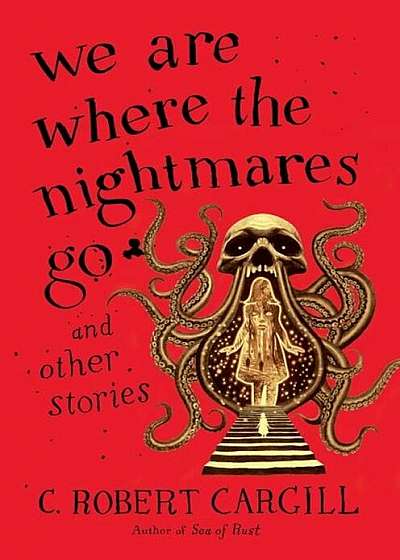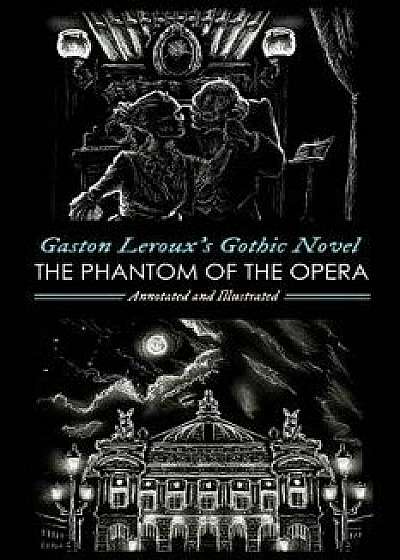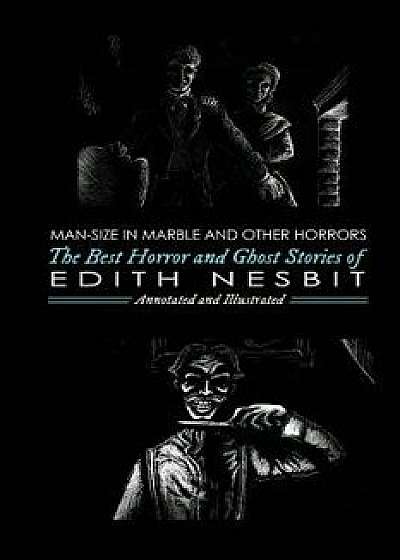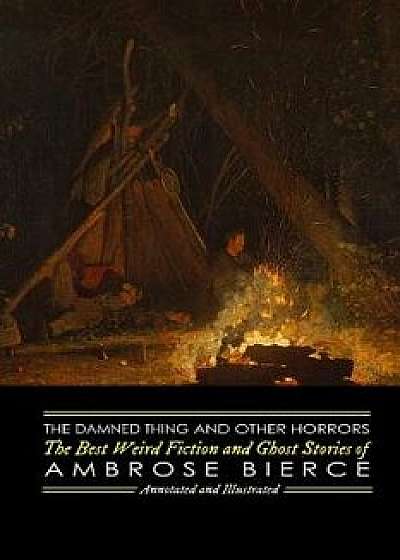
The Damned Thing and Other Horrors: The Best Weird Fiction and Ghost Stories of Ambrose Bierce: Annotated and Illustrated, Paperback/M. Grant Kellermeyer
Descriere
Description He was the successor of Edgar Allan Poe and a harbinger of H. P. Lovecraft, penning some of the most shocking, savage horror stories in the English language. His dark, literary universe was haunted by shadowy monsters who never quite revealed themselves, only stalking in the dim background like woodland predators around a campfire. And what better stories for any campfire's company: he wrote twilight tales of seductive werewolves, zombie resurrections, nights spent with corpses in empty houses, haunted cabins, killer robots, wartime ghost stories, invisible predators, reincarnated spirits, family curses, ghoul-haunted graveyards, jilted ghosts' violent revenges, mysterious disappearances, spectral visions, guilt-maddened murderers, and battlefield carnage. There was never a better author to read around the snapping flare of a lonely campsite than the rustic, existential horror stories of Ambrose Bierce. In death, as in life, Bierce is defined by contradictions. He was a mystical materialist, a cynical idealist, and a compassionate curmudgeon. His stories - especially those which we can classify as horror or fantasy - illustrate a world which fails to live up to its promises. As he wrote in "The Devil's Dictionary," a ghost is the outward sign of an inward fear - a visual signifier of a spiritual sickness. His stories are loaded with spooks of this sort. These are the ghosts of what should be. They are the ghosts of a murdered potential: the potential to do life well - properly, as it should be. His stories are haunted by monsters of automated technology ("Moxon's Master"), intellectual insecurity ("The Damned Thing"), sexual anxiety ("Eyes of the Panther"), and hereditary corruption. Failure is the chief of all these phantoms, however. Failure to do what one ought, and become what one should. This was a deeply personal boogeyman for Bierce. One which cast its shadow over his life and stamped its footprints into his fiction. What he left behind him, after

